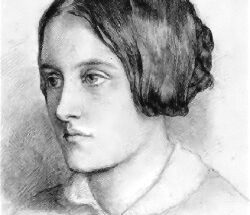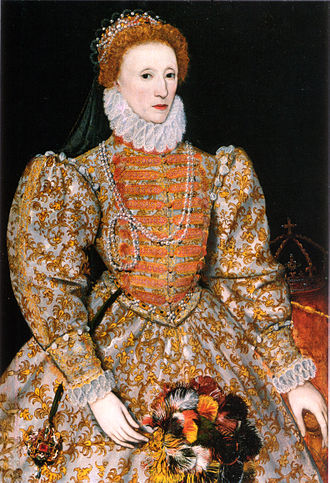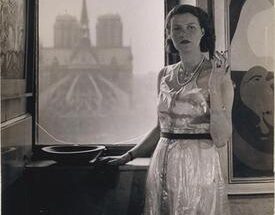
Early Years & Marriage to Lucrezia Borgia
Giovanni Sforza was born on 5 July 1466. He was the illegitimate son of Constanzo I Sforza and a member of the prominent House of Sforza who ruled Pesaro and Gradara.
In 1483 he inherited the lordship of Pesaro and Gradara after the death of his father. The lordship was initially ruled by his father’s widow Camilla d’Aragona as regent until Giovanni came of age.
In 1489 Giovanni married Maddalena Gonzaga, daughter of Federico I of Mantua. Two months after the wedding Maddalena got pregnant but lost her life in 1490 while giving birth to her son.
Giovanni was subsequently viewed as a valuable link to Milan by the Borgia family. With the help of Giovanni’s cousin, Cardinal Ascanio Sforza, the family finalized marriage negotiations in February 1492 between Giovanni and Lucrezia Borgia, the twelve-year-old illegitimate daughter of Pope Alexander VI.
A proxy wedding took place on 12 June 1492 in Rome, as the wedding contract stipulated that Lucrezia would stay in Rome and not consummate the marriage for a year. Her dowry was 31,000 ducats. The official marriage was celebrated in the Vatican in 1493 and was reputedly was lavish affair.
Giovanni and Lucrezia spent two years in Pesaro, during which his importance to the ambitious Borgia family dwindled. Giovanni tried to wield his proximity to the Borgias to Milan’s advantage by acting as a spy and was found out by Alexander VI.
At the same time other political advantages were formed thus rendering the once strategic marriage useless. Lucrezia, who was used to aprivileged life in the Papal court, did not adjust well to the provincial atmosphere of Pesaro.
In Christmas 1495, both Giovanni and Lucrezia were present again in the court at Rome.
Giovanni was aware that his fortune was precarious. He left Rome to continue with a military campaign and upon his return in February 1497 quickly fled the city in disguise. The accepted reason for this is that the Pope and his son Cesare had contrived a plot to murder Giovanni, but Lucrezia was informed by Cesare and warned her husband to leave. This, though not proven, remains a popular explanation.
Annulment of the marriage
In 1497 the Pope petitioned for an annulment on Lucrezia’s behalf. Ascanio Sforza was again called in to mediate between his cousin and the Borgias. He tried to persuade Giovanni into accepting the annulment but Giovanni refused to do so for two reasons: first, he would have to return Lucrezia’s sizable dowry and doing so would require signing a paper stating he was impotent.
Giovanni accused Lucrezia of parental and fraternal incest in response. This claim, first made solely against the Pope and later extended to all of Lucrezia’s brothers, still continues to shade the family’s history.
The marriage was eventually annulled in 1497 on grounds of non-consummation. The Sforza family had by then threatened to withhold protection to Giovanni if he did not comply with the offer, which allowed him to keep the dowry but still required signing the confirmation of impotence.
Giovanni agreed to the terms and six months later he provided sworn testimony that Lucrezia was a virgin. Lucrezia was by then allegedly pregnant with the Roman Infante, whose parentage was cited by some as proof of incest between her and Cesare. It is certain that Giovanni did not parent the child but details beyond that are uncertain.
Later Life & Death
Giovanni was excommunicated in 1500 and the citizens of one of his cities attempted to kill him. He was also attacked by Cesare Borgia, who aimed to gain Sforza’s lands and was forced to abandon Pesaro. He sued in vain for help to all the major powers of the time including France and Holy Roman Empire.
Giovanni Sforza could return to Pesaro only after the death of Alexander VI and the illness of Cesare Borgia (1503). The following year the new Pope, Julius II, confirmed him as vicariate in Pesaro.
In 1504 Giovanni remarried to Ginevra Tiepolo. His wife gave birth to an heir in 1510, Costanzo II (Giovanni Maria), who succeeded him in Pesaro and Gradara upon his death.
On 27 July 1510 Giovanni died in Pesaro, just a few months after the birth of his son, at the age of 44.


